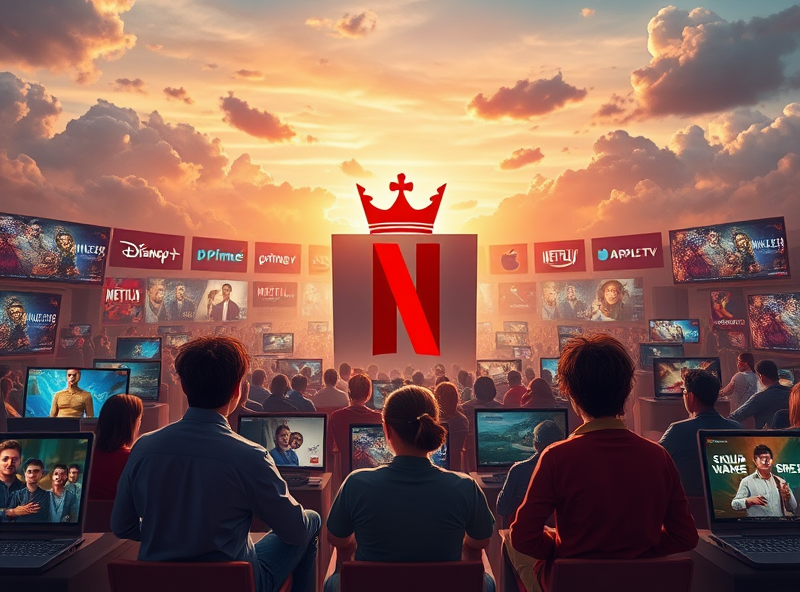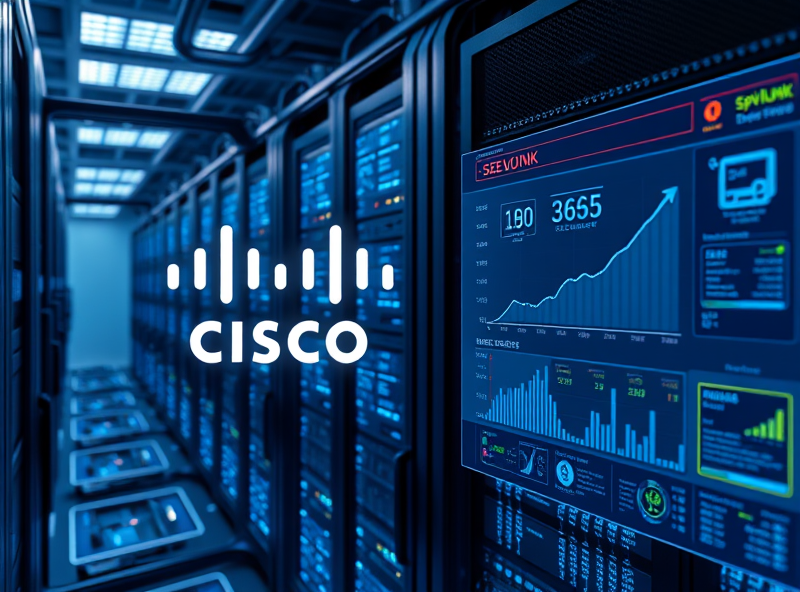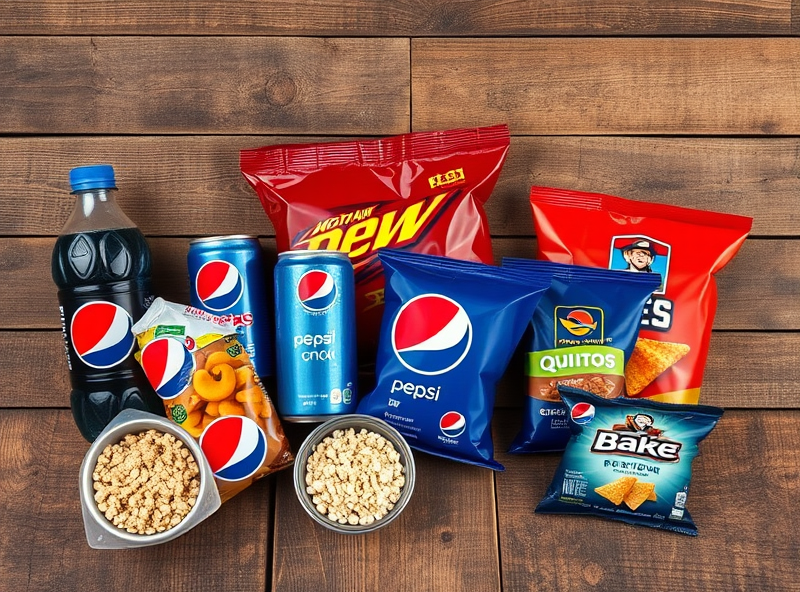
PepsiCo’s Winning Diversification Strategy: From Drinks to Snacks and Health
Strategic Vision: Expanding Beyond Beverages
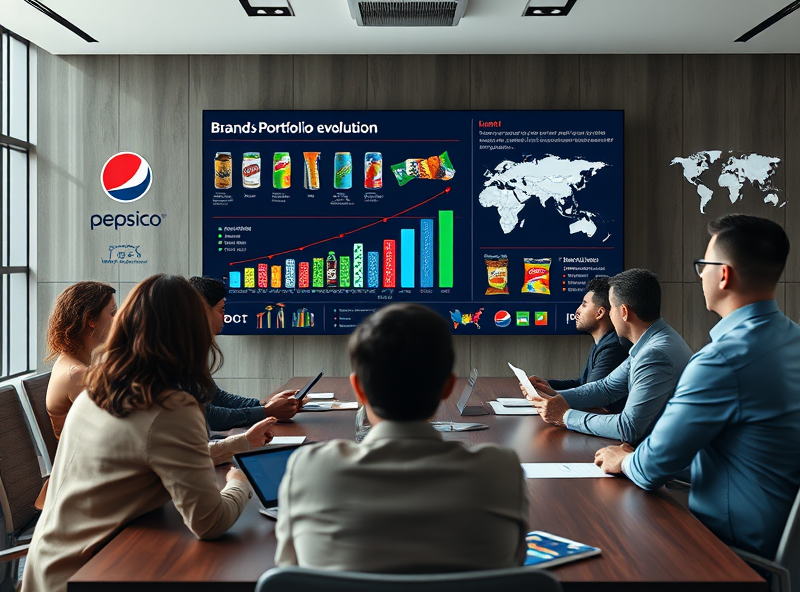
PepsiCo has long been recognized as a global beverage powerhouse, but its strategic vision over the past two decades has taken it far beyond sodas. The company’s deliberate diversification into snacks and health-conscious products is a masterclass in adapting to changing consumer preferences and market dynamics.
At the heart of this transformation is PepsiCo’s recognition that modern consumers are seeking more than just refreshment—they want convenience, nutrition, and variety. By acquiring and expanding brands like Quaker Oats, Sabra, and Bare Snacks, PepsiCo has built a portfolio that spans indulgent treats to wholesome, plant-based options. This shift is not just about adding new products; it’s about reshaping the company’s identity to align with a wellness-oriented future.
A key insight here is PepsiCo’s use of data-driven innovation. The company leverages consumer insights and global trend analysis to develop products that meet regional tastes and health trends. For example, its ‘Better For You’ product line is designed to reduce sodium, sugar, and saturated fats without compromising taste—addressing growing health concerns while maintaining brand loyalty.
This strategic expansion also positions PepsiCo to weather industry disruptions. By not relying solely on beverages, the company has created multiple revenue streams that enhance resilience and long-term growth. For entrepreneurs and business leaders, PepsiCo’s journey offers a valuable lesson: diversify not just for profit, but to stay relevant in a rapidly evolving market.
For more on PepsiCo’s strategy, you can refer to their official investor relations page: https://www.pepsico.com/investors
Strategic Vision: Expanding Beyond Beverages
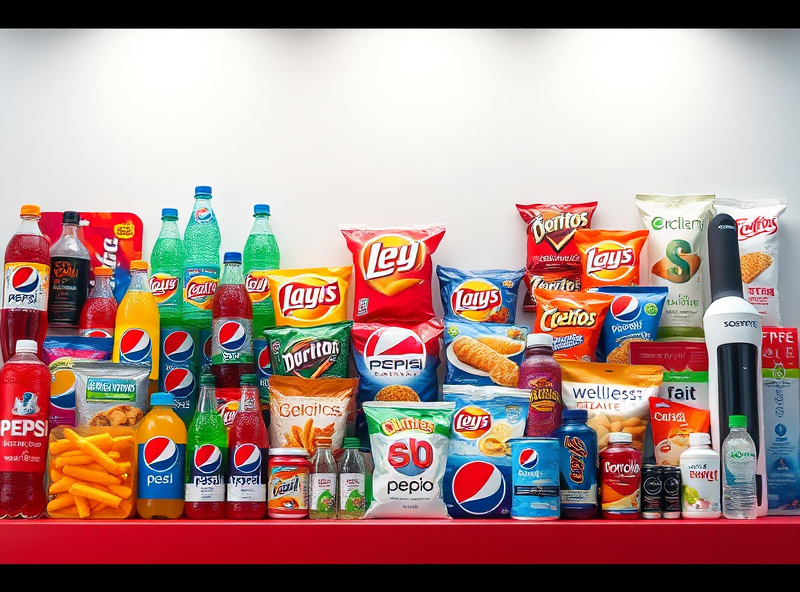
PepsiCo has long been recognized as a global beverage powerhouse, but its true strength lies in its strategic diversification into snacks and wellness. This balanced portfolio approach has not only fueled consistent growth but also positioned the company to meet evolving consumer preferences.
In recent years, PepsiCo has made significant investments in its snack division, with brands like Lay’s, Doritos, and Cheetos becoming household names across the globe. These products contribute to over half of the company’s revenue, demonstrating the importance of a well-rounded product mix. But PepsiCo didn’t stop there.
Understanding the growing demand for healthier lifestyles, PepsiCo has also expanded into wellness-focused products. Acquisitions like Bare Snacks and SodaStream, along with the development of low-sugar and plant-based options, reflect a forward-thinking strategy that aligns with global health trends. This not only diversifies risk but also taps into high-growth markets.
By shaping a portfolio that includes indulgent snacks, refreshing beverages, and health-conscious offerings, PepsiCo is able to serve a broader audience while maintaining resilience in changing economic and social landscapes. This strategic diversification is a key reason behind its long-term success and sustainability.
For more on PepsiCo’s strategic direction, see their official investor relations page: https://www.pepsico.com/investors
Strategic Vision: Expanding Beyond Beverages
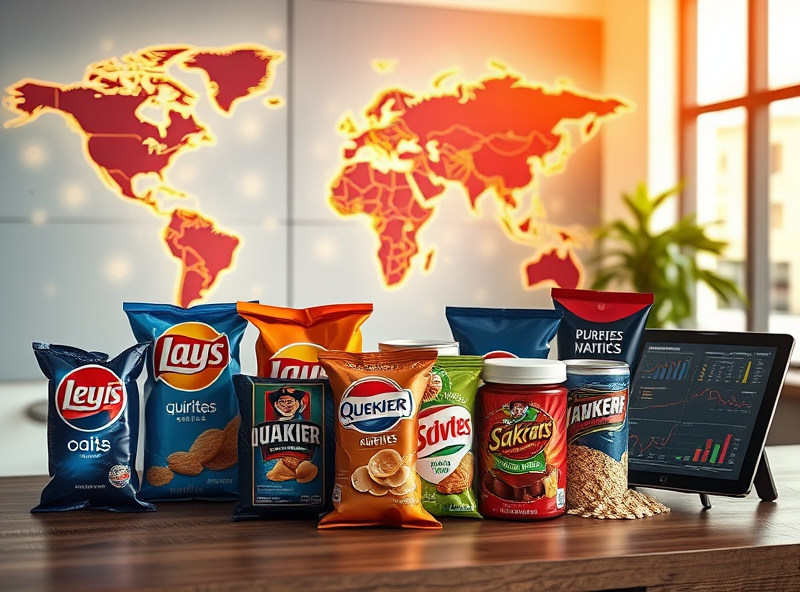
PepsiCo’s global success isn’t just about soda anymore. The company has strategically evolved into a diversified food and beverage powerhouse, with a strong emphasis on adapting to local markets while maintaining global innovation. This approach has helped PepsiCo stay competitive and relevant in an ever-changing consumer landscape.
One of the key pillars of PepsiCo’s diversification strategy is its ability to localize products while leveraging global research and development. For example, in India, PepsiCo introduced Kurkure, a spicy snack tailored to local tastes, which quickly became a household name. In Mexico, Sabritas chips reflect regional flavor preferences. This localization strategy not only drives sales but also builds strong brand loyalty by respecting cultural food identities.
Innovation plays a central role in this strategy. PepsiCo invests heavily in data analytics and consumer insights to understand regional trends and preferences. This allows the company to develop new products that resonate with local consumers while also aligning with global health and sustainability goals. For instance, the company has been reformulating products to reduce added sugars, sodium, and saturated fats across many markets.
Moreover, PepsiCo’s global reach allows it to scale successful innovations from one market to another. A product that performs well in Asia might be adapted and introduced in Latin America, creating a cycle of cross-market innovation. This not only enhances operational efficiency but also fosters a culture of continuous improvement.
PepsiCo’s strategic diversification into snacks and health-oriented products, supported by a global-local innovation model, offers valuable insights for businesses aiming to expand internationally. It shows the importance of understanding local cultures, investing in R&D, and being agile in product development.
For more on PepsiCo’s global innovation strategy, you can refer to their official sustainability and innovation reports: https://www.pepsico.com/sustainability/strategy
Strategic Vision: Expanding Beyond Beverages
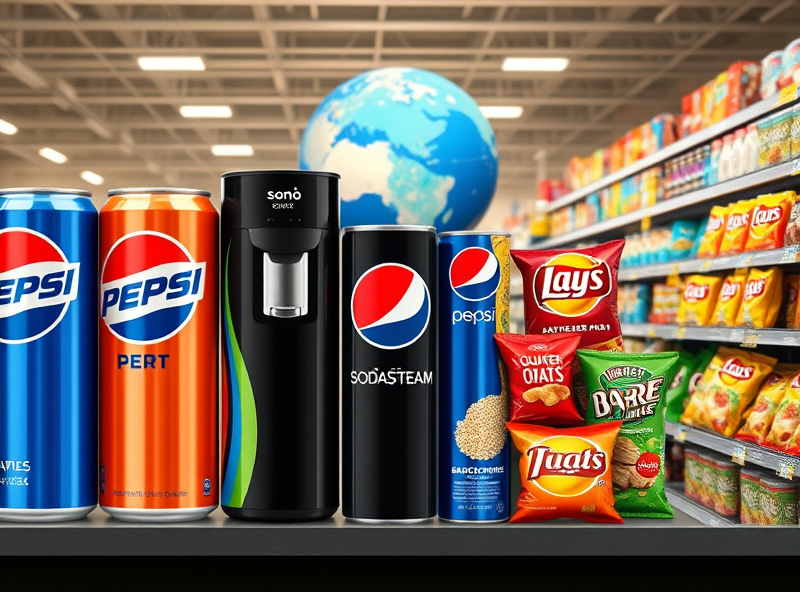
Over the past decade, PepsiCo has undergone a remarkable transformation. Once primarily known for its sugary sodas, the company has strategically diversified its portfolio to meet the evolving preferences of health-conscious consumers. This shift wasn’t just a marketing move—it was a long-term vision rooted in sustainability, consumer health, and global growth.
PepsiCo’s diversification strategy has focused on three key areas: expanding its snack segment, investing in healthier food and beverage options, and embracing innovation through acquisitions and R&D. Brands like Quaker, Sabra, and Bare Snacks now stand alongside Pepsi and Mountain Dew, reflecting a broader commitment to wellness and nutrition.
One of the most notable moves was the acquisition of SodaStream in 2018, which aligned with growing demand for customizable, low-sugar beverages. PepsiCo also launched healthier versions of its flagship products, such as Pepsi Zero Sugar and Lay’s Baked, responding to consumer demand for better-for-you options without sacrificing taste.
This evolution is not only beneficial for consumers seeking healthier lifestyles but also for investors and stakeholders who value sustainable, forward-thinking business models. By aligning its offerings with global health trends, PepsiCo has positioned itself as a leader in the future of food and beverage.
For a deeper look into PepsiCo’s strategic growth, you can refer to their official investor relations page: https://www.pepsico.com/investors


